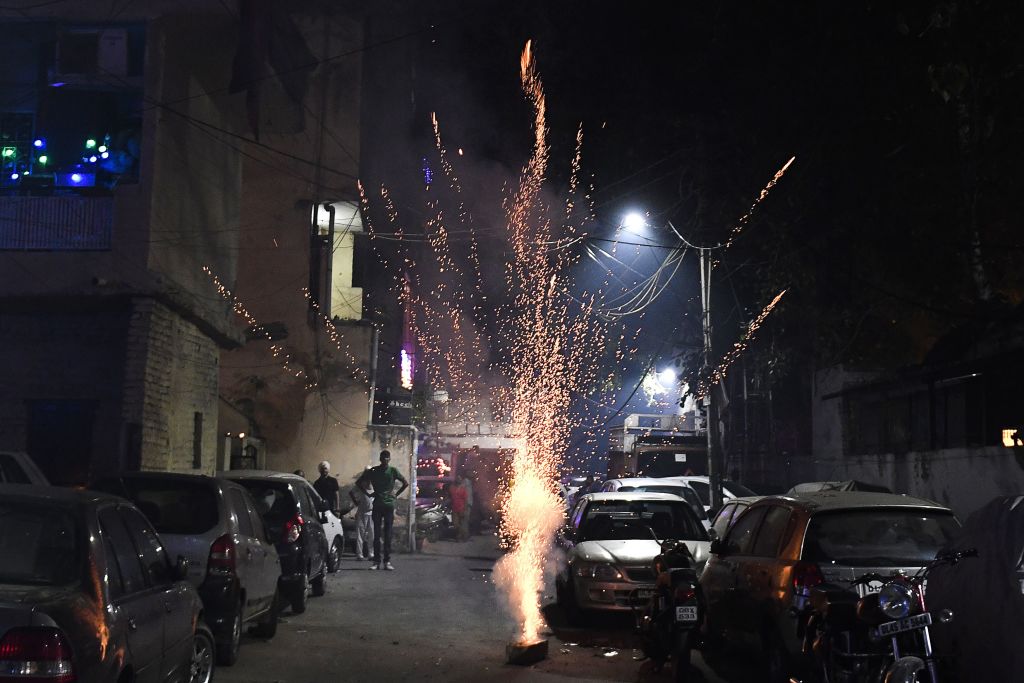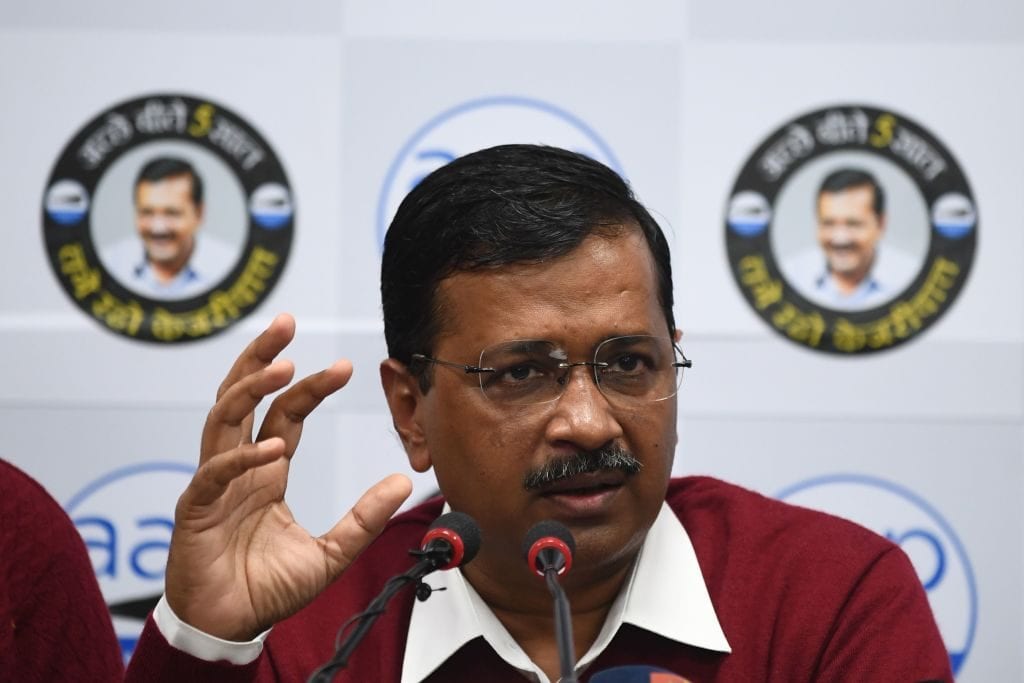- Thursday, April 25, 2024

By: Shubham Ghosh
AUTHORITIES in Delhi have ordered a ban on storage, use and sale of firecrackers in India’s national capital on Wednesday (15) ahead of the Diwali festival (November 4) to curb its dangerous air pollution levels that cause several deaths every year.
Air quality in Delhi and the neighbouring states in northern India begins to deteriorate at the end of September as farmers put crops on fire to prepare for the new sowing season. The city witnesses horrific air pollution and in its latest peak pollution period between October 2020 and January 2021, Delhi has recorded some of the worst pollution levels globally.
“In view of the dangerous condition of Delhi’s pollution during Diwali for the last 3 years, like last year, a complete ban is being imposed…so that people’s lives can be saved,” Delhi chief minister Arvind Kejriwal recently said on Twitter in Hindi.
पिछले 3 साल से दीवाली के समय दिल्ली के प्रदूषण की खतरनाक स्तिथि को देखते हुए पिछले साल की तरह इस बार भी हर प्रकार के पटाखों के भंडारण, बिक्री एवं उपयोग पर पूर्ण प्रतिबंध लगाया जा रहा है। जिससे लोगों की जिंदगी बचाई जा सके।
— Arvind Kejriwal (@ArvindKejriwal) September 15, 2021
पिछले साल व्यापारियों द्वारा पटाखों के भंडारण के पश्चात प्रदूषण की गंभीरता को देखत हुए देर से पूर्ण प्रतिबंध लगाया गया जिससे व्यापारियों का नुकसान हुआ था। सभी व्यापारियों से अपील है कि इस बार पूर्ण प्रतिबंध को देखते हुए किसी भी तरह का भंडारण न करें।
— Arvind Kejriwal (@ArvindKejriwal) September 15, 2021
The city’s authorities imposed a similar ban last year but yet many revellers burst crackers causing a toxic haze over the capital region which is home to almost 20 million people. Even the ban imposed by the country’s Supreme Court against firecrackers in New Delhi a few years ago was found to be violated.
Kejriwal said his government was cracking down on crackers much before Diwali so that the traders didn’t stock up supplies.

The chief minister’s remarks came amid concerns that Delhi’s air pollution could pose an additional health risk at a time when India is already coping hard with the coronavirus pandemic.
The emission of the dangerous PM2.5 particles per cubic metre of air in Delhi averaged 30.74 micrograms in the first two weeks of September, marginally above the 25 per cubic metre level which is considered safe by the World Health Organisation, Reuters reported. SAFAR, India’s environment monitoring agency under its ministry of earth science, deems a PM2.5 particle level of 60 as safe.
Some of the Indian states have come up with strict punishments for those who burn crop residues in recent years to prevent a spike in air pollution that causes smog during the low temperatures of winter as part of the national government’s drive to clean up the capital’s air.
However, officials in Uttar Pradesh, India’s most populous state which lies close to Delhi, said in August that the state government was set to drop legal proceedings against farmers accused of burning crop residue. UP will go to elections early next year and the move is being seen as one to appease the farmers who are currently protesting against the Narendra Modi government over its new farm laws.
![]()